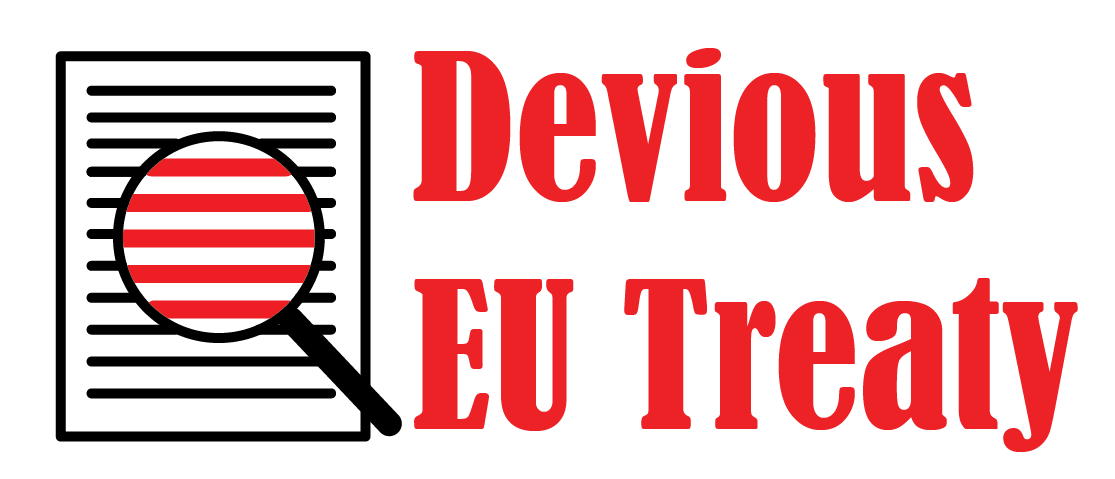The Bali Youth Forum Declaration
The Review Outcome Document from the ICPD +20 Youth Review
sponsored by UNFPA and International Planned Parenthood Federation (IPPF)
DIRECT QUOTES FROM THE BALI YOUTH FORUM DECLARATION:
Note: This youth review of ICPD was nothing more than a deceptive ploy by UNFPA to bring in activist youth groomed by Planned Parenthood (a co-convener of this forum) to promote radical abortion and sexual rights as part of the youth review of ICPD. This “outcome document” for the 20-year review of ICPD claims to be what youth across the world are demanding from government using their radical IPPF-manipulated interpretations of ICPD.
Access to health services
“Governments must provide, monitor and evaluate universal access to a basic package of youth-friendly health services (including mental healthcare and sexual and reproductive health services) that are high quality, integrated, equitable, comprehensive, affordable, needs and rights based, accessible, acceptable, confidential and free of stigma and discrimination for all young people. As part of this basic package governments must provide comprehensive sexual and reproductive health services that include safe and legal abortion, maternity care, contraception, HIV and STI prevention, care, treatment and counseling to all young people.”
Laws and policies
“Governments and UN agencies should support the sexual and reproductive rights of young people including ensuring access to legal and safe abortion that is affordable, accessible and free from coercion, discrimination and stigma, providing support and protection mechanisms that promote the right to choose.”
“Governments should implement financially sustainable policies and legal frameworks that protect, promote and fulfill the reproductive and sexual rights of all young people, regardless of their sexual orientation and gender identities.”
Sexual rights
“Governments must fund and develop, in equal partnership with young people and health care providers, policies, laws, and programs that recognize, promote, and protect young peoples’ sexual rights as human rights. This must be developed in accordance with the principles of human rights, nondiscrimination, respect, equality and inclusivity, with a gendered, multicultural and secular approach.”* (*Footnote: “With reference to the WHO working definition of sexual rights, the Yogyakarta Principles, and Sexual Rights: an IPPF Declaration.”)
“Cultural and religious barriers such as parental and spousal consent, and early and forced marriages, should never prevent access to family planning, safe and legal abortion, and other reproductive health services – recognizing that young people have autonomy over their own bodies, pleasures, and desires.”
“Governments must repeal laws and regulations that permit violence and/or discrimination against young people, especially those who are marginalized, including laws that limit same-sex marriage, and criminalize YPLHIV and LGBTQI.”
“Governments should decriminalize abortion, and create and implement policies and programs that ensure young women have access to safe and legal abortion, pre- and post-abortion services, without mandatory waiting periods, requirements for parental and spousal notification and/or consent or age of consent.”
“Comprehensive sexuality education should be developed in partnership with young people and include information on sexual orientation and gender identities that is free of religious intolerance.”
Families
“The concept of the family is constantly evolving and governments must recognize this by adapting legal, policy and programmatic frameworks that embrace every form of family* and ensure the right of everyone to form a family, regardless of sexual orientation and gender identity.” (*Footnote: “Forms of families include but are not limited to: single parenthood, same sex couples, traditional, temporarily separated, displaced, child-led/headed, divorced, cohabitating, fostered, grandparents raising children, couples without children, migrants, extended and LGBTQI.”)
Final Recommendations from Thematic Session 1: Staying Healthy
“Ensuring accountability, transparency and the need for implementation as a cross cutting theme across all recommendations, with special focus particularly on LGBTQI, MSM, drug users, refugees, rural populations, out-of-school, sex workers, indigenous, afro-descendant populations, migrants, young people in conflict and emergency situations, empowering young women and adolescent girls, persons with disabilities, young people living with HIV and AIDS.”

